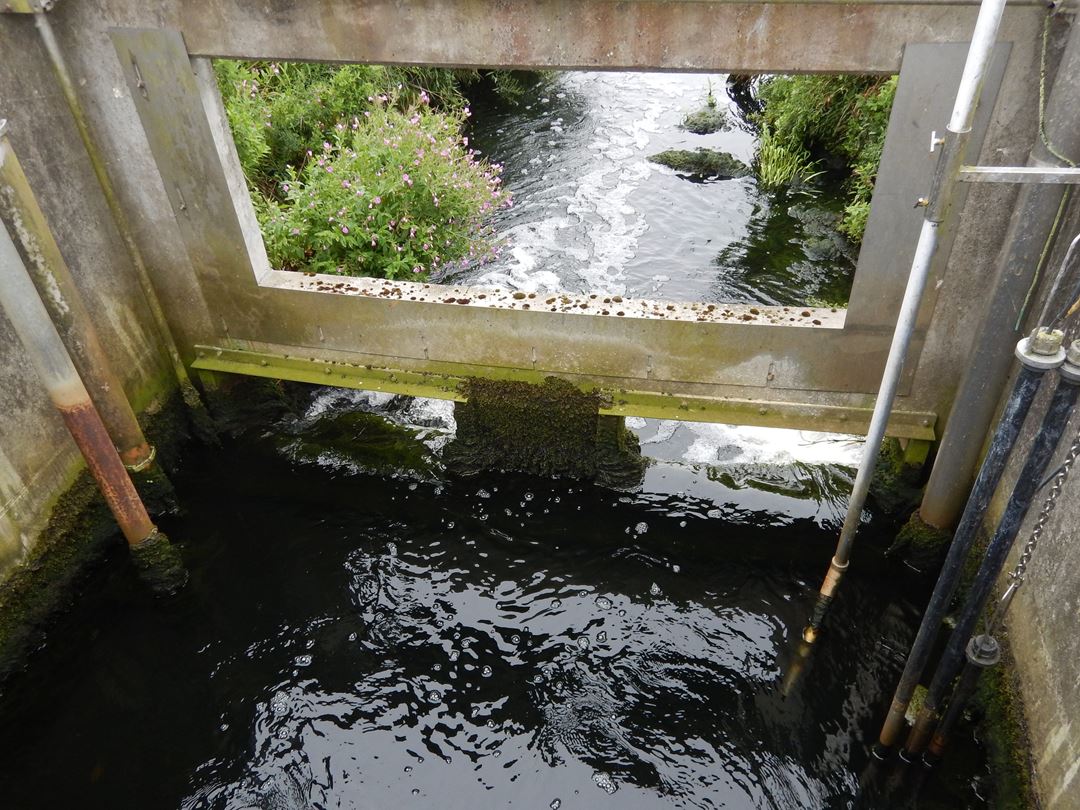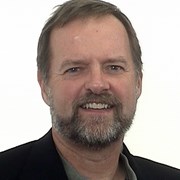Despite an increasing focus on recycling, we recycle very little wastewater and the resources it contains.
- The barriers are not mainly technological; several solutions have been developed to recover and utilize wastewater resources. Regulations and lack of business models are much bigger challenges, says senior scientist Herman Helness in SINTEF.
He is coordinating the EU-project WIDER UPTAKE, a collaboration between water utilities and private business in five countries. The aim of the project is to explore how to make the best use of water resources, limit emissions and develop sustainable business models for a water-smart society.
Reduces water and drainage fees
Solutions and business models for water reuse and other wastewater resources will be explored in various demo projects, and the researchers will gather the experiences in a roadmap for implementation of water-smart solutions.
One of the industrial partners, Hias wastewater treatment plant in Norway, will develop their process for biological wastewater treatment without use of chemicals. The technology has already been tested in a pilot, now the goal is to find good applications and business models for new products.
– For us, this means that in the future we will be able to derive a larger part of our revenues from the sale of fertilizers and soil products, thus reducing the water and drainage fees for the inhabitants, says Hias' CEO Morten Finborud.
Demo projects in five countries
The demo projects in WIDER UPTAKE are:
- Using phosphorus and sludge from wastewater to produce fertilizers, soil products and biogas (Norway)
- Production of biocomposites for manufacturing materials with resources recovered from the entire water cycle (The Netherlands)
- Using purified wastewater for urban greening (Czech Republic)
- Use purified wastewater for irrigation in agriculture and make biochar from sludge. Biochar will replace wood as a source of energy in industry (Ghana)
- Using wastewater for irrigation in agriculture and extracting phosphorus and nitrogen for fertilizers (Italy)
- Before we can use wastewater for irrigation, we must assure that the water quality is good and that the water does not contain harmful substances so it can be applied safely. We must also document that the solutions are sustainable and smart. Then we need to develop a method for measuring water smartness and sustainability, says Helness.
Reducing water consumption and promoting reuse and recycling of water and other wastewater resources in sustainable business models, entails a paradigm shift. If the pilot projects succeed, this will entail lower emissions, more efficient use of resources and increased value creation through water-smart solutions to the mutual benefit of the water sector and various industries.
Facts about WIDER UPTAKE
- Duration 2020 – 2024
- EU contribution: 11 606 479.88 EUR
- Coordinator: SINTEF, Herman Helness
- Participating countries: Norway, the Netherlands, the Czech Republic, Ghana and Italy
- Partners:
- Water utilities and industry: Waternet (NL), Hias IKS (NO), HIAS How2O AS (NO), PVS (CS), AMAP S.p.A. (IT), Storm Aqua (NO), SSGL (GH), NPSP BV (NL), IVAR IKS (NO), HARVEST VALUE IN WASTE AS (NO), Circular IKS (NO)
- Research institutes and universities: SINTEF (NO), NTNU (NO), TU Delft (NL), CVUT (CS), VSCHT (CS), UNIPA (IT), CSIR (GH)
|
|



